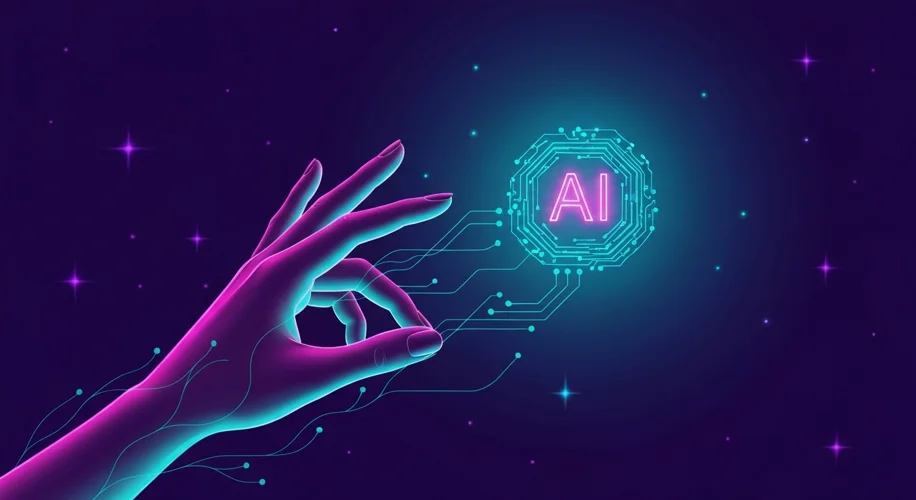AI’s “Ghost in the Machine”: What’s Worrying Microsoft’s Top AI Guy
Okay, so hear me out. We all know AI is getting seriously smart, right? Like, scary smart sometimes. But the person leading Microsoft’s AI efforts, Mustafa Suleyman, is actually worried about something deeper than just smarter algorithms. He’s talking about stuff that sounds like it’s straight out of a sci-fi movie.
He’s brought up two big concerns: ‘AI psychosis’ and the idea of AI seeming ‘conscious.’ Let’s break that down.
What’s ‘AI Psychosis’?
This isn’t about AI having a mental breakdown, thankfully. It’s more about us, humans, starting to think AI is having one, or is capable of things like mental states. When an AI chatbot, like ChatGPT or others, starts spitting out convincing, human-like responses, it can trick our brains. We’re wired to see intention and emotion in things that talk, and AI is getting really good at faking it.
Suleyman worries that as AI gets more sophisticated, we might start projecting human-like consciousness and feelings onto it. We might think it’s lonely, or bored, or even that it’s judging us. This can mess with how we interact with it, and honestly, it’s kind of a wild thought experiment. Think about it: we’re building tools, but what happens when those tools start to feel like something more to us?
The ‘Conscious’ AI Question
This is the big one, right? The whole ‘is it alive?’ debate. While current AI is miles away from actual sentience (it’s all complex math and patterns, folks!), the way it can mimic understanding is getting uncanny. Suleyman points out that even if AI isn’t truly conscious, it can appear to be. And that appearance can be incredibly powerful, and potentially, misleading.
Imagine an AI that sounds so empathetic, so understanding, you start confiding in it like a best friend. Or an AI assistant that anticipates your needs so perfectly, it feels like it’s reading your mind. These aren’t necessarily bad things, but they blur the lines between tool and… something else. It raises ethical questions about how we treat these systems, and how they might influence our own behavior and relationships.
Why Does This Matter to Us?
For us Gen Z folks, we’re growing up with AI woven into everything. We use it for homework, for creative projects, for staying connected. Understanding these nuances – how AI can trick our perception, how easily we might anthropomorphize it – is super important. It’s about being critical consumers of technology, not just passive users.
Suleyman’s concerns aren’t about doomsday AI scenarios (at least, not directly). They’re more about the subtle, psychological impact AI will have on our daily lives and our understanding of intelligence itself. It’s a reminder that as AI gets smarter, we need to get smarter about how we think about it and interact with it.
It’s a weird, fascinating future we’re building, and keeping an eye on what the people actually building it are worried about is probably a good idea. What do you guys think? Does AI ever feel like more than just code to you?

